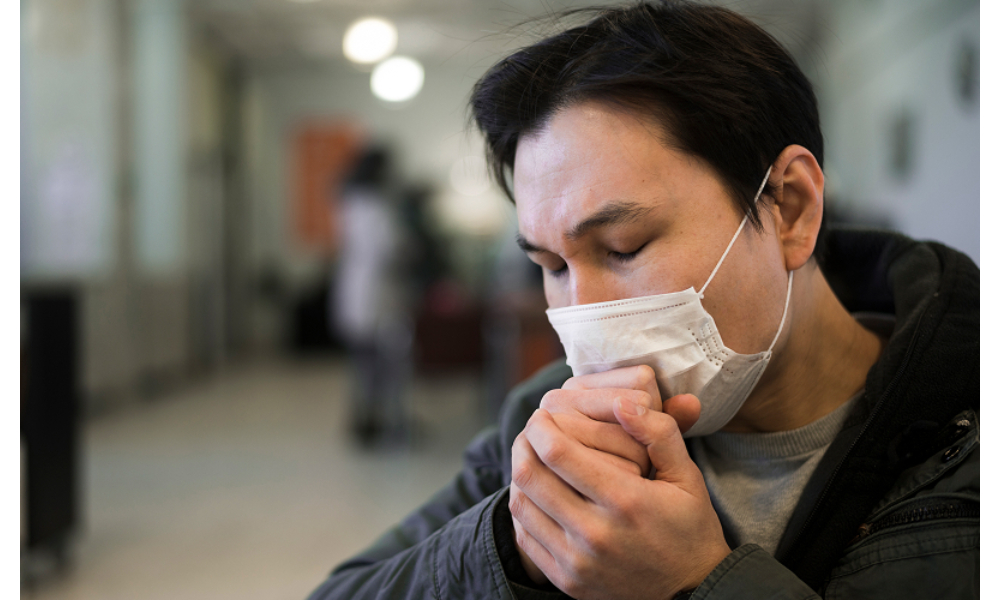Facing lung cancer treatment can feel like running a marathon in flip-flops, tough, tiring, and uncomfortable. Yet, each step forward counts, and knowing how to handle the bumps on the road can make the journey less daunting. While doctors aim to target the cancer itself, it is equally vital to look after how the body reacts during and after the process. From fatigue to appetite changes, side effects can appear uninvited, but they do not have to overstay their welcome.
Understanding Why Side Effects Happen
Side effects occur because treatment aims straight at fast-growing cancer cells but sometimes hits healthy ones by accident. When a radiation oncologist in Singapore designs a treatment plan, they focus on giving the highest possible dose to the tumour while sparing nearby tissue. Still, cells in the mouth, throat, lungs, and bone marrow may get caught in the crossfire. This can lead to tiredness, skin changes, or lowered immunity. Knowing this helps patients realise that these reactions are not failures of treatment but expected hurdles that can be managed.
Chemotherapy and targeted drugs can also stir trouble for healthy cells, especially in the digestive tract and hair follicles. Doctors balance effectiveness with tolerability, adjusting doses or switching drugs if reactions become too harsh. The goal is always to keep treatment going while giving the body enough support to recover.
Easing Fatigue Without Losing Momentum
Fatigue is one of the most common side effects during lung cancer treatment in Singapore. It can feel like the body’s battery never quite charges to full. Short naps, gentle walks, and light stretching can recharge energy levels without draining reserves. Eating small, balanced meals also helps keep blood sugar steady throughout the day. Staying hydrated prevents dips in energy, especially when combined with simple breathing exercises that keep oxygen levels steady.
Doctors may also check for anaemia or thyroid issues, which can make fatigue worse. Correcting these can often bring back some vitality. Patients should not hesitate to mention extreme tiredness, as small adjustments in schedule or medication timing can make a big difference.
Calming Nausea and Appetite Swings
Nausea is another gate-crasher during lung cancer treatment in Singapore. Anti-nausea medicines are usually offered before chemotherapy sessions, but eating bland foods like crackers, rice, or bananas can also help. Cold meals sometimes sit better than hot ones, especially if strong smells trigger discomfort. Sipping ginger tea or sucking on lemon slices may settle the stomach naturally.
Loss of appetite can make it harder to get enough calories, which are crucial for healing. Dietitians often suggest calorie-dense snacks such as nut butter, yoghurt, or smoothies to pack more nutrition into smaller bites. If weight loss becomes a concern, doctors can recommend supplements to bridge the gap until appetite returns.
Caring for Skin and Lungs During Radiation
Radiation therapy can cause skin irritation in the treated area, often appearing like a mild sunburn. A radiation oncologist in Singapore usually advises gentle cleansing with lukewarm water, fragrance-free moisturisers, and loose clothing to reduce friction. Patients should avoid scratching or applying harsh products, which can worsen irritation. These reactions often fade a few weeks after treatment ends, but early care speeds healing.
Radiation can also inflame lung tissue, leading to a dry cough or mild breathlessness. Doctors track this closely with imaging and lung function tests. If inflammation occurs, short courses of steroids may calm it down, while pulmonary exercises help keep the lungs flexible and strong.
Protecting Immunity and Mental Well-being
Because treatments can suppress the immune system, even a small cold can feel like a big setback. Patients undergoing lung cancer treatment in Singapore are often advised to wash hands regularly, avoid crowded places when counts are low, and check for fevers daily. Doctors may schedule treatments during times when blood counts are highest, giving the body room to recover between cycles.
Mental health matters too. Anxiety and mood swings can creep in as side effects or as emotional responses to the situation. Speaking with counsellors or joining support groups can ease the weight of these feelings. Mindfulness and relaxation exercises can also help manage stress hormones, which in turn supports the immune system.
Keeping the Bigger Picture in Sight
Side effects might steal the spotlight for a while, but they are not the whole show. A radiation oncologist in Singapore and the wider care team aim to treat the disease while keeping the patient strong enough to complete the plan. This means adjusting doses, pausing treatments briefly, or offering extra therapies like physiotherapy or nutritional support. Each adaptation is designed to make the process less punishing and more sustainable, so patients can cross the finish line feeling supported.
Small victories, such as finishing a cycle or maintaining weight, deserve recognition. These moments show progress in recovery while encouraging patients to stay strong. Side effects may be persistent, but with planning, teamwork, and a bit of humour, they can be managed. Contact Dr Johann Tang to learn more about treatment plans designed to ease side effects while supporting your overall health.

